Microbiology
Microbiology is the study of the biology of microscopic organisms – viruses, bacteria, algae, fungi, slime molds, and protozoa. The methods used to study and manipulate these minute and mostly unicellular organisms differ from those used in most other biological investigations.
Recombinant DNA technology uses microorganisms, particularly bacteria and viruses, to amplify DNA sequences and generate the encoded products. Moving genes from one microorganism to another, or amplifying them within microorganisms, permits application of microbial skills to solve medical and environmental problems. Many microorganisms are unique among living things in their ability to use gaseous nitrogen from the air for their nutritional requirements, or to degrade complex macromolecules in such materials as wood. By rearranging the genes that control these and other processes, scientists seek to engineer microorganisms that will process wastes, fertilize agricultural land, produce desirable biomolecules, and solve other problems inexpensively and safely.
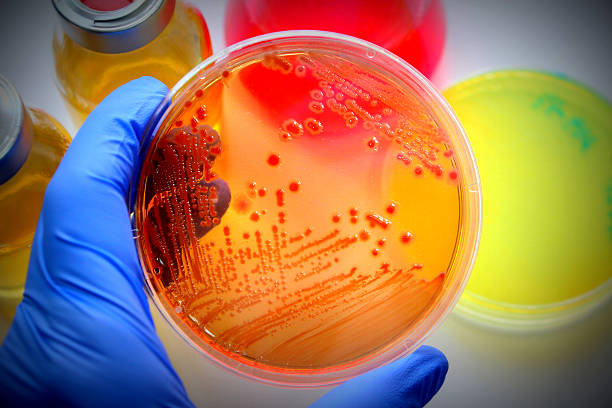
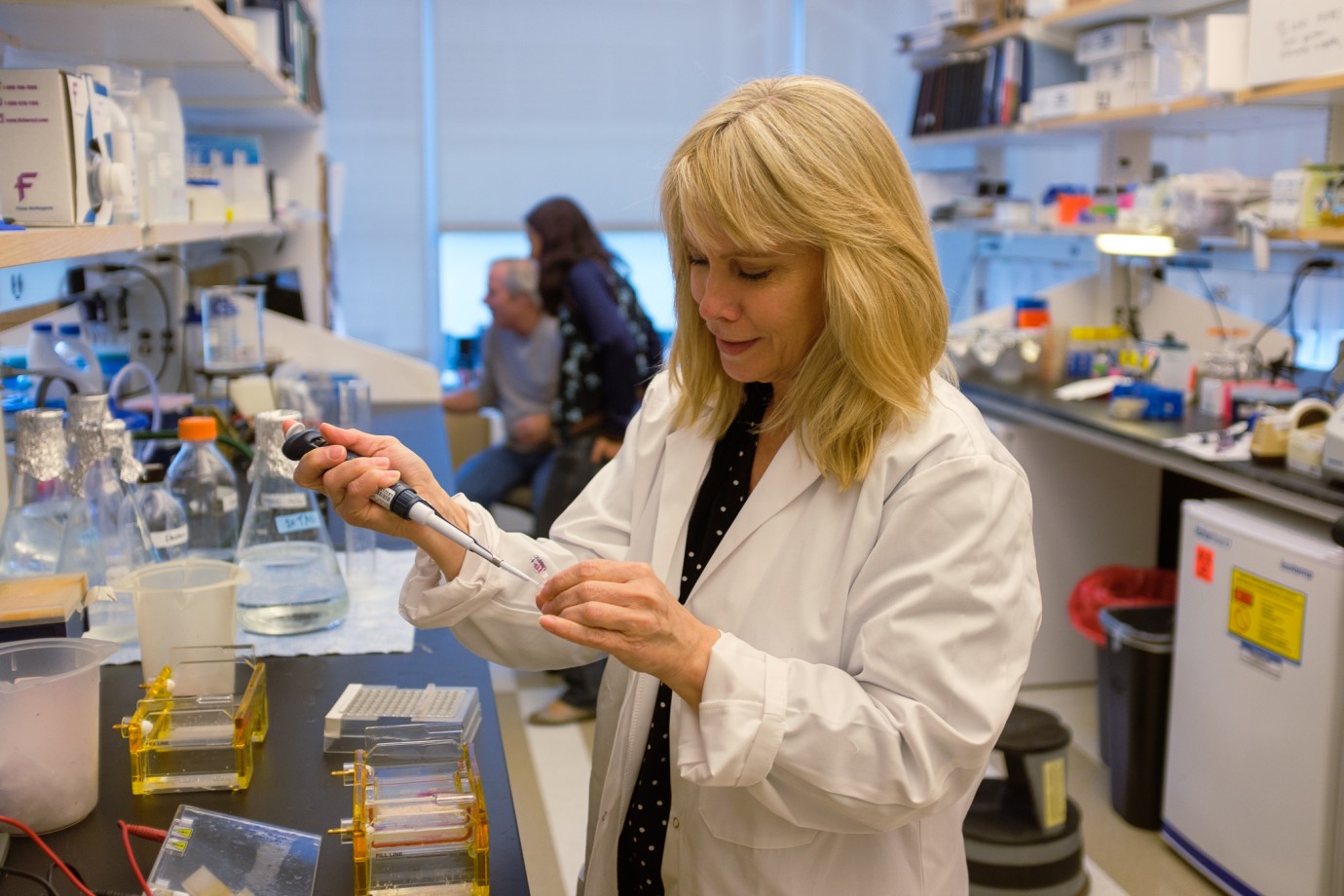
Microbiologists pursue careers in many fields, including agricultural, environmental, food, and industrial microbiology; public health; resource management; basic research; education; and pharmaceuticals. Jobs in all of these fields are available at the BS level as well as the MS and PhD levels (see our guide for applying to graduate schools). The Microbiology major also incorporates the requirements expected for admission to medical, dental, and other health-professional schools, and to graduate schools in microbiology, molecular biology, biochemistry, and related disciplines.
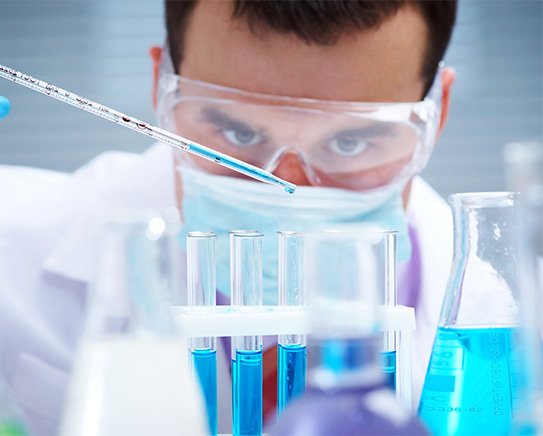
Molecular Biology
Molecular Biology is a field of study that focuses on the structure, function, and interactions of biological molecules, particularly nucleic acids (DNA and RNA) and proteins. It encompasses various techniques and approaches to understand the molecular mechanisms underlying biological processes.
- Central Dogma
- DNA Sequencing
- Gene Expression Analysis
- Molecular Diagnostics
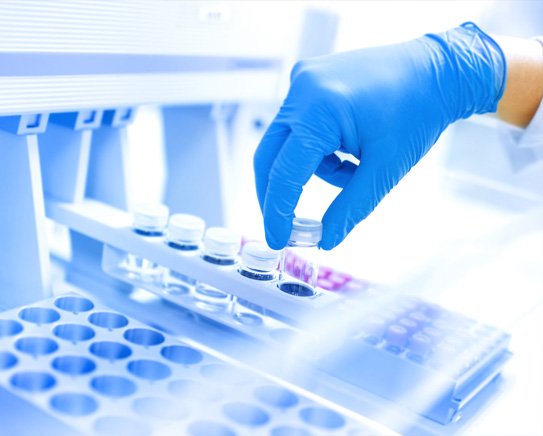
Cytopathology
Our SANAS accredited histology laboratory offers a diagnostic service to both the private and public sectors. Our large team of anatomical pathologists, technologists and technicians, with vast amounts of experience offers a diagnostic and consultative service on a number of tissue samples including biopsies and resection specimens.
- Immunocytochemistry
- Immunofluorescence
- Electron Microscopy
- Neuropathology
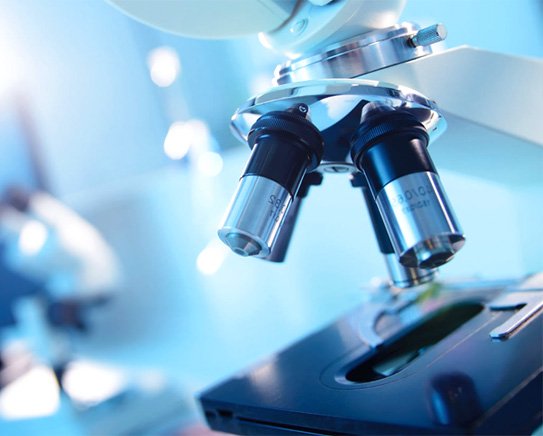
Histopathology
Histopathology is the branch of pathology that involves the microscopic examination of tissue samples to diagnose diseases and study the structural changes that occur in tissues affected by various conditions. It plays a crucial role in understanding the underlying causes, progression, and prognosis of diseases.
- Accurate Diagnosis
- Disease Staging and Grading
- Monitoring Treatment Response
- Tissue Preservation
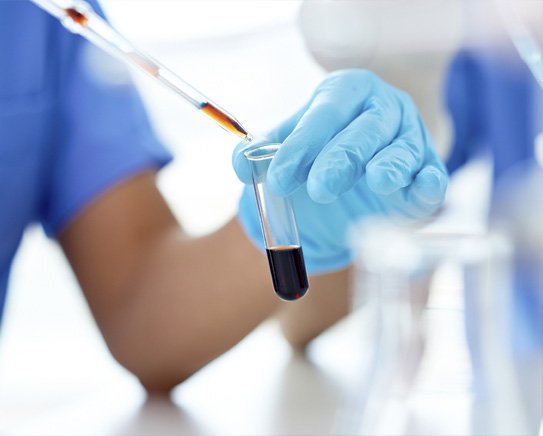
Hematology
We will perform both standard and specialized naturopathic lab tests as part of the assessment process. Naturopathic doctors can order many of the same diagnostic tests as your family physician, such as blood work, stool, urine, and saliva testing. We can also perform an H Pylori Breath Test, Stool Ova and Parasite testing.
- Gastrointestinal Testing
- Laboratory Tests on Hormonal Levels
- Cardiovascular Lab Tests
- Toxins & Pollutant Testing
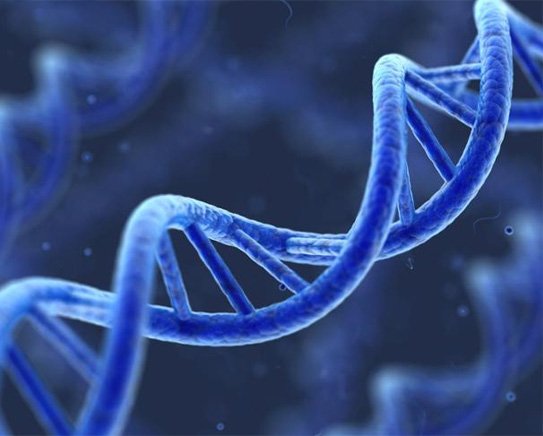
Microbiology
Genes are DNA instructions that we all inherit from our parents. Different “mistakes” in our genes, called mutations, can cause different diseases. Some of these diseases are rare, like cystic fibrosis or Huntington’s disease, others are common, like cancer. Genetic tests can be used to confirm the diagnosis or give you information about possible development of a disease.
- PCR
- DNA Sequencing
- Cytogenetics (Karyotyping and FISH)
- Microarrays
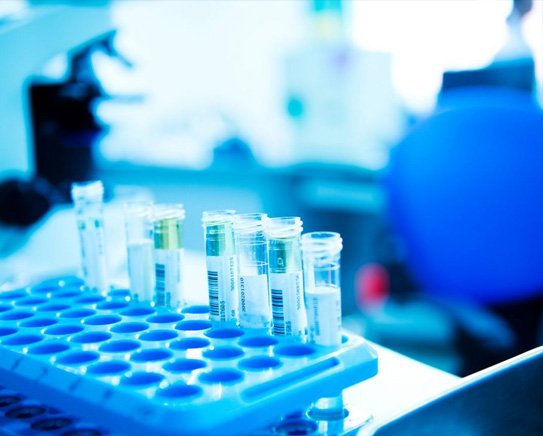
Biochemistry
Aside from tissue biopsy, cytology serves as an indispensable tool in screening and diagnosing cancer. In this technique, a cytological material is obtained from the patient, spread onto glass slides for microscopic examination, stained, screened for abnormalities and assessed prior to the issuance of a final report.
- Gynaecological Cytology
- Non-Gynaecological Cytology
- Fine Needle Aspiration Cytology
- BAL Differential Cell Count
Additional Laboratory Services
Results of test procedures processed on site are reported to the health care provider the same day during regular business hours. Testing and services available through our Laboratory include:
- Blood Bank / Transfusion
- Immunology and Flow Cytometry
- Reference Lab Testing referrals
- Chemistry
- Hematology
- Histology
- Serology
- Point-of-Care Testing
- Microbiology and Virology
- Molecular Pathology
- Bone Marrow Biopsy
- Coagulationy
- Pathology & Cytology
- Urinalysis
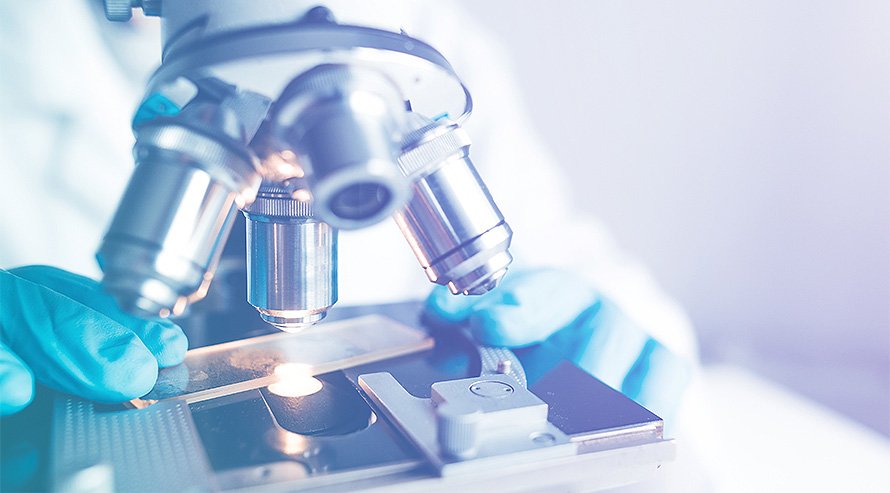
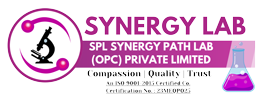
 Drop your details and we will guide you over call
Drop your details and we will guide you over call